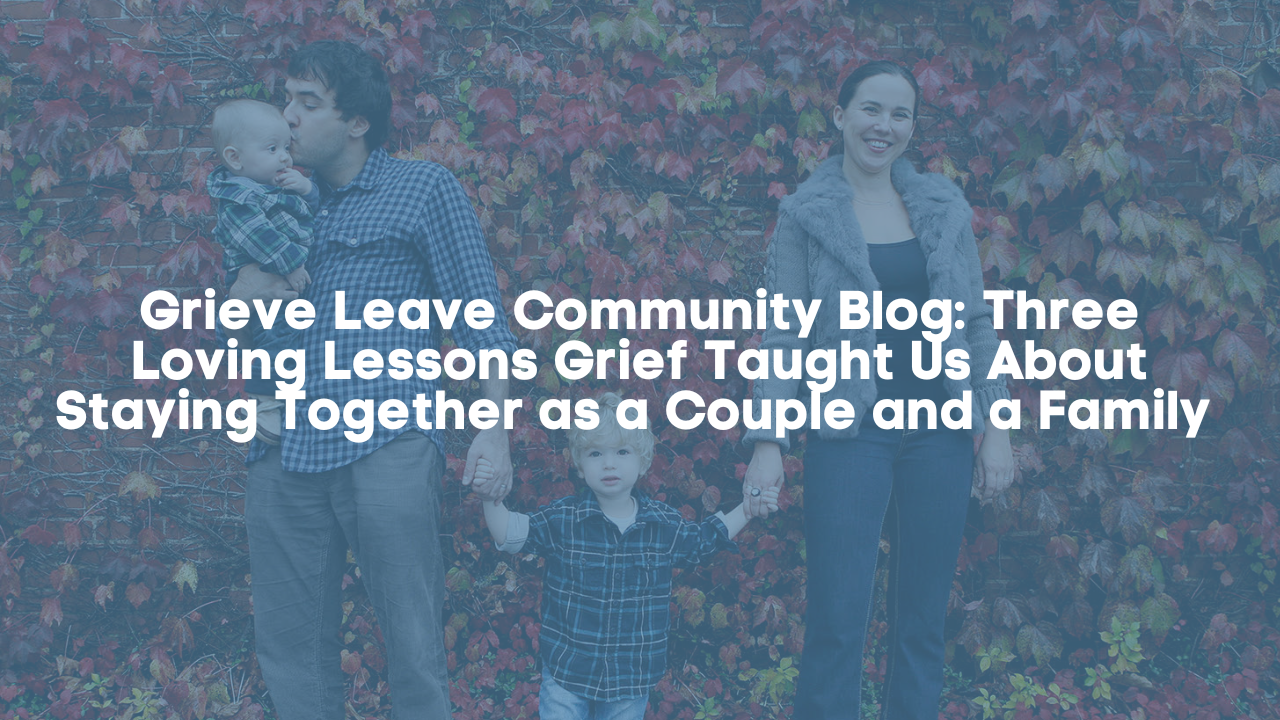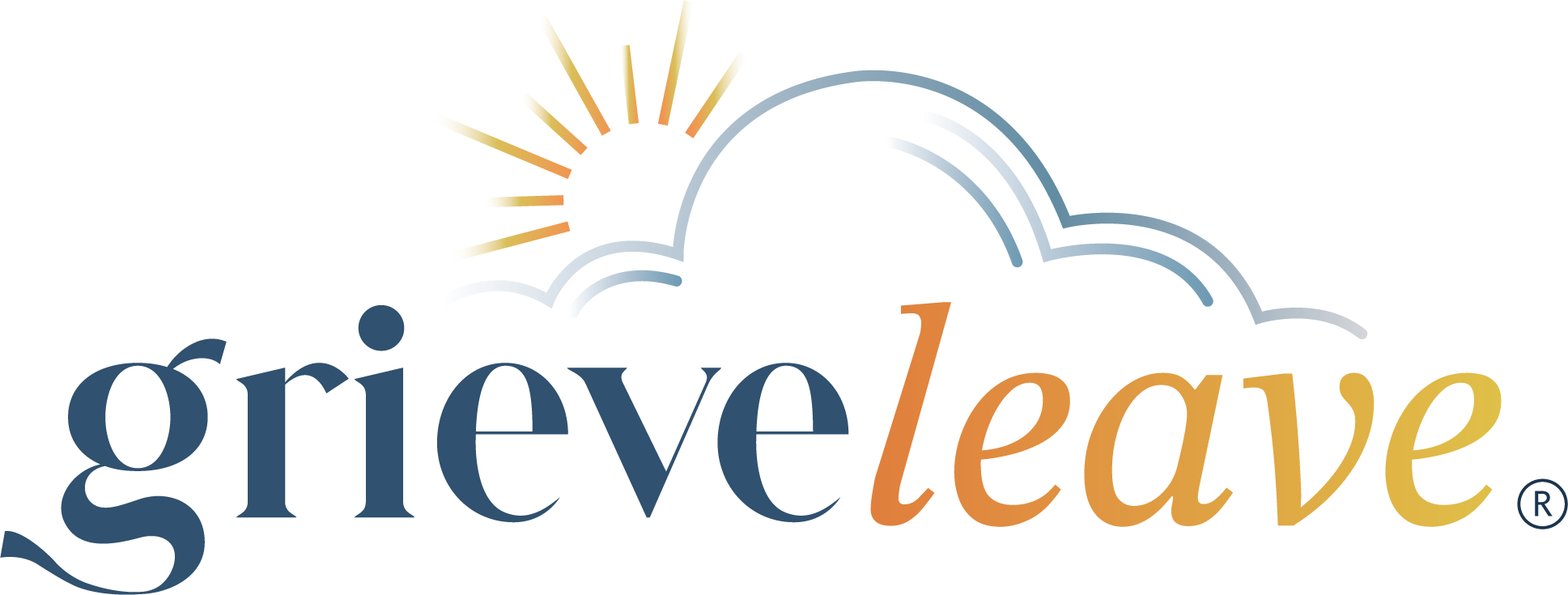Grieve Leave Community Blog: Three Loving Lessons Grief Taught Us About Staying Together as a Couple and a Family
Published:
September 7, 2025
By
Anonymous

-by Susie & Nick Shaw, 8/14/25
Over six years ago, our lives split in two.
There was before, when our family was whole. And there was after, when our nine-year-old son, William, died in a freak and tragic ski accident while we were on vacation in Big Sky, Montana.
From that moment, everything changed.
The air felt different. The world felt unsafe. And we didn’t know how we would survive the next day, let alone the next six years, without him.
And yet, here we are. Not untouched, not “healed,” but still standing. Still loving each other. Still raising our two other sons, Kai and Bodhi. Still finding joy, even if it’s a different kind than before.
It hasn’t been easy. But over these years, we’ve discovered some truths that have kept us connected, not just as a couple, but as a family. These lessons came from our deepest loss, but they’re lessons we believe can help any family facing hardship.
Here’s what we’ve learned.
- Leaning Into the Strength of the Couple
Long before William died, we unknowingly gave ourselves a gift.
Early in our marriage, we sat on a dock in Falmouth, Massachusetts, with poster boards and markers and made a “Life Plan.” We mapped out dreams, values, and big goals, not because we thought we could control everything, but because we wanted to understand each other and build our life intentionally.
That exercise taught us how to talk openly about the big things. Years later, in the worst moment of our lives, that skill became our lifeline.
When Nick learned that William had died, I hadn’t arrived at the ski patrol clinic yet. He stood there in shock, convinced it was all his fault. I can still remember the look in his eyes when I walked in. My heart broke in a way I can’t describe, but the first words that came out of my mouth were: It’s not your fault.
That instinctive empathy saved him in that moment, and set the tone for everything that came after. We knew this wasn’t just about our individual grief; it was about the survival of our family, especially for Kai, who was only six at the time.
We promised each other right then: we would get through this united.
United didn’t mean strong every day. Some days one of us could only give 20%, and the other had to carry the rest. I’ll never forget packing up our cabin in Montana to come home. Nick was frozen in shock. I wanted to collapse too, but I couldn’t. Someone had to tend to Kai, make the arrangements, get us home. In those moments, you carry each other in the ways you can.
We also had to honor that we grieved differently. My grief poured out through tears and talking, what’s called “intuitive” grieving. Nick’s was quiet, inward, “instrumental” grieving. He found comfort in meditation and writing his book, My Teacher, My Son.
We didn’t always understand each other’s ways, but we respected them. That respect protected us from resentment and reminded us: there’s no one right way to grieve.
- Asking for Help (Even When It’s Hard)
From the start, we knew we couldn’t do this alone. Even before we got home from Montana, I was making calls, our superintendent, William’s therapist, our pediatrician, our minister.
We found an incredible trauma psychologist who helped us piece ourselves back together. Our minister guided us through William’s service and questions about faith. My family promised to protect our marriage.
Asking for help can feel scary. It requires vulnerability, and vulnerability can feel like too much when you’re already hurting. But letting people in made us feel less alone. It allowed them to show up for us in ways that mattered.
One of the greatest gifts came from Jeff’s Place, a grief support center in Framingham, Massachusetts. Walking into our first meeting, I carried crushing guilt, believing I’d failed as a parent. But when I looked around the room, I saw other loving parents who had also lost children. The shame began to loosen its grip.
For Kai, Jeff’s Place was transformative. He could be with other kids who’d lost siblings, share openly, and learn how to honor William’s memory. That space gave him permission to be fully himself in his grief.
And then there was our town, Carlisle. The community we’d built before William died surrounded us with love: meals, childcare, errands, showing up in ways we never expected. Their care was a reminder: building community before you need it is one of the greatest investments you can make in your future self.
- Finding Meaning



.png)
.png)
.png)